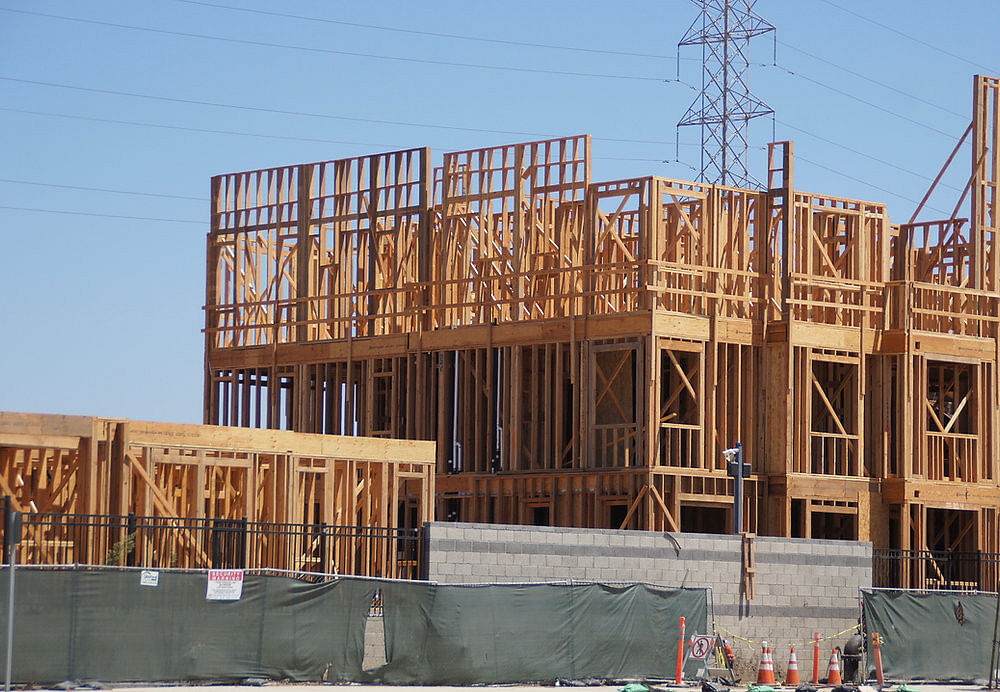May 1st, 2022
DTSC’s Penalty Updates: Key Takeaways for Businesses

By: Jennifer F. Novak
During our presentation to the Bar Association of San Francisco in April, we fielded a question about whether an entity covered by the construction general stormwater permit should attempt to moot a citizen suit by negotiating with a regional water quality control board instead. My answer at that time was that the standard to use a government prosecution was high. It's not enough for an agency to have issued a Notice of Violation. The agency must be actively prosecuting the permittee in an administrative or court proceeding that can end in injunctive relief, penalties, and similar relief to what the citizen suit could yield. I also noted that this wasn't necessarily a sure strategy: it would require getting the attention of already-burdened state agencies and asking them to voluntarily expend resources. And, the State Water Resources Control Board's Office of Enforcement has been vocal about the fact that water quality enforcement relies upon citizen suits to supplement the state's limited resources. So, in my experience, rather than jump at the chance to undermine a citizen suit, they'd rather hope that the suit takes this task off their hands.
And then let's not get into the fact that asking a water board to come enforce against your client might give you a huge case of "be careful what you wish for." Most of our permittee clients appreciate the fact that settlement with an environmental nonprofit usually gives them some breathing room for a while. In contrast, once you're on a government agency's radar, you might be low-hanging fruit and subject to seemingly never-ending requests and demands.
To provide some additional weight against the strategy of trying to elicit a government enforcement to avoid a citizen suit, last week, the First Circuit of the United States Court of Appeals issued an "en banc" (full court panel) decision in The Blackstone Headwaters Coalition, Inc. v. Gallo Builders, Inc, et. al. A previous panel of the Court had determined that when a state agency had entered into a settlement agreement with a permittee, citizens were barred from bringing their own enforcement action. The Blackstone court has now disagreed with that ruling. Where a citizen suit seeks injunctive relief to address ongoing NPDES permit violations, that suit can proceed, regardless of whether the government has previously prosecuted the permittee. Where the citizen suit seeks penalties, however, those are barred by 33 U.S.C. §1319. See http://media.ca1.uscourts.gov/pdf.opinions/19-2095P2-01A.pdf for the full opinion.
So, the moral of the story is that citizen suits continue to receive support from the courts, which interpret the Clean Water Act broadly. This isn't to say that there aren't defenses to citizen suits and ways to mitigate claims. But they require a look at the nuances of enforcement, the permit, and which arguments will get the most leverage to defend against them.